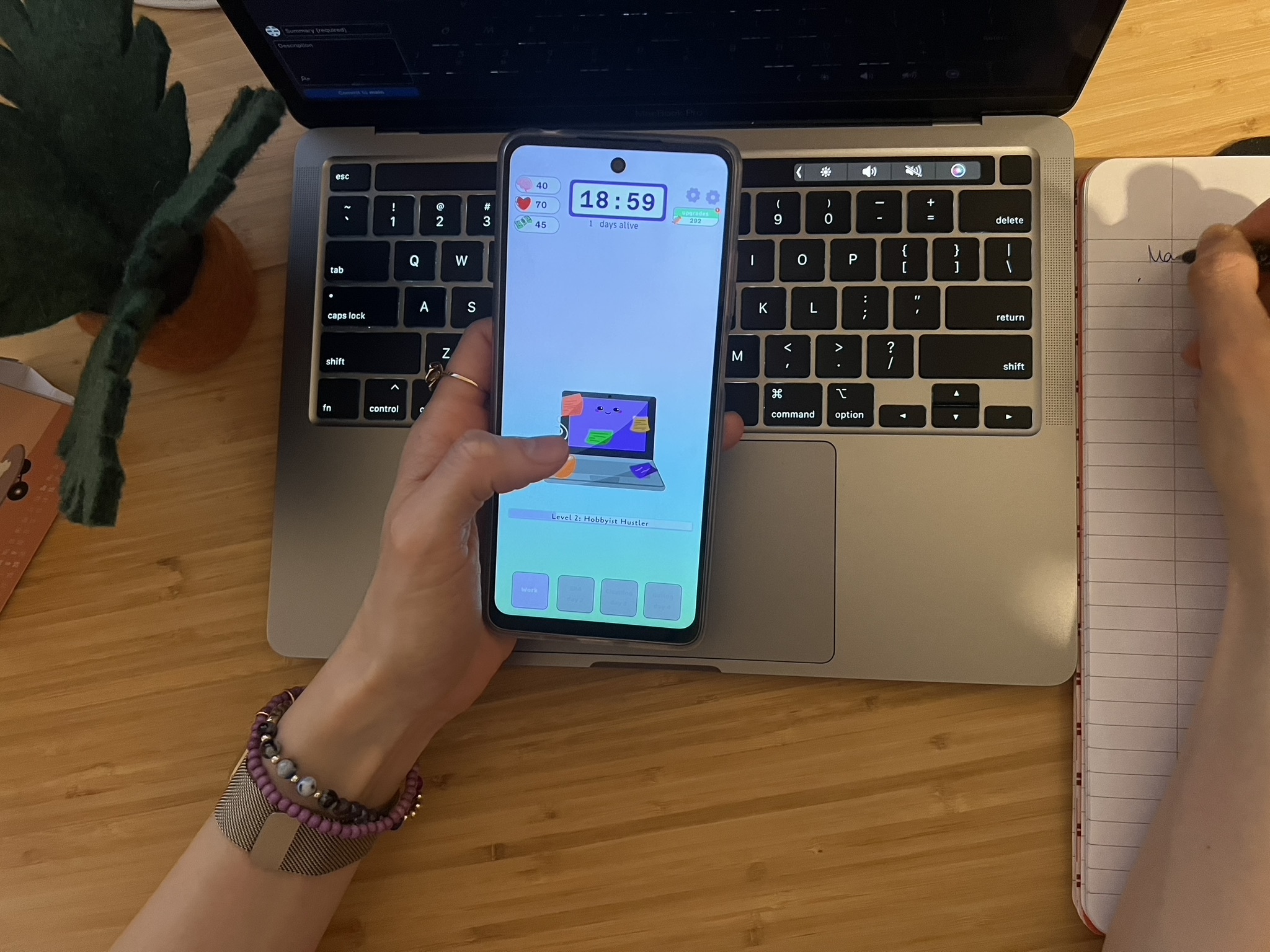Self Taught, Self Doubt

In order to get better at something, you have to do it. A lot. This sounds simple, and rational people wouldn’t argue with it. However, when it comes to our own lives, we tend to think otherwise. We want to believe that people who are good at something are either born with it, or got a head start early in life when they had time and brainpower to spare. There’s no way we can catch up with that. And it is scary to start something. It’s scary to not know how long something’s going to take. It’s like going into a dark tunnel in the middle of a sunny day, without knowing if there’s an end to it, where it is, or what it looks like. And certainly I can’t give you any promises, but I can tell you the exact moment I saw the light at the end of the tunnel.
A quick summary of my background: I studied English, had never coded before, started with C# videos on Microsoft’s website and a book my husband gifted me, which covered the very basics of C#. I was working on tutorials and tiny problems, and hadn’t done anything on my own, yet. A friend of mine told me how stressful it was to do the complex calculations at work to determine how much advance payment an employee could receive, and how it should be repaid. Listening to her problem, I sat down at the computer, and I started making a console application that would calculate these things instead of her manually doing them. And it had some bugs at first, but in the end, it worked! Of course, she couldn’t bring an unidentified .exe file to her corporate PC, BUT. IT. WORKED. And that was the beginning of the road that led me to develop games on my own.
A couple of months ago, shortly after I released my fourth solo mobile game project on the Google Play Store, I texted an old coworker of mine. He replied, “Oh, I didn’t know you were also a developer!” And I immediately tried to convince him that I wasn’t. “I’m not a developer! I just… make games in my spare time. I learned it myself, but I have so many things I don’t know. So, I’m not a developer,” I said, almost defensively. And he said, “Well, I’ve never released any games, so there’s a lot you know that I don’t, and a lot I know that you don’t.” And that conversation bugged me for a while. What makes a person a developer? Certainly I, an English major, couldn’t be one. But I wanted to prove to myself why that was so.
After thinking long and hard about my excuses, and carefully separating myself from people who are “developers”, I came to the conclusion that I had lots of gaps in the most basic things that any “developer” would know instinctively. The thing is, I knew some of the terms I didn’t understand, but the biggest problem was that I didn’t even know what I didn’t know. And that’s when I decided to join the mentorship program at Women Coding Community. In our first session, Rajani successfully identified my gaps and suggested how I could improve them. She also told me how important it was that I already had complete projects. She gave me what I couldn’t give myself - an honest, experienced outside perspective. I had always been extremely self-critical, always focusing on what I lacked. With her help, I managed to just stop and look at how far I’ve come, and appreciate the things I’ve accomplished. She suggested that I take an algorithms and data structures course, which I did from various free online sources, and I already feel much more comfortable.
With each session, I’m not only making progress towards becoming a better developer, but I’m also learning to go easier on myself, celebrate my wins, appreciate my passion and tenacity. And… wait. Did I just call myself a developer?
Büşra Ç. T.
